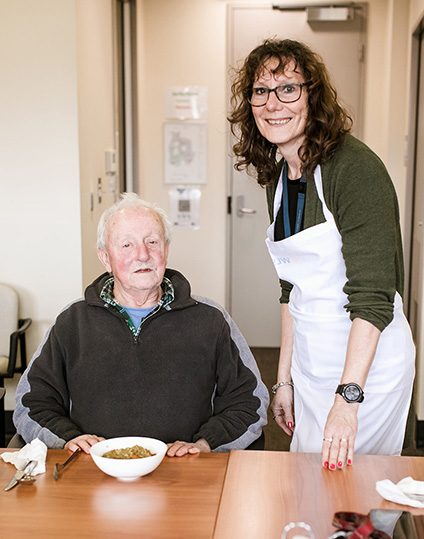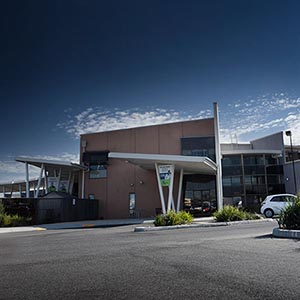-
Our services
Overview of our servicesPopular services
 At Latrobe Community Health Service we want to support healthier people, families and communities.
At Latrobe Community Health Service we want to support healthier people, families and communities.
-
About us
About UsNews & Events
 Our CEO Paul Ostrowski
Our CEO Paul Ostrowski
-
Get involved
CareersOther ways to contribute
 Every day is another opportunity to enhance people’s lives. We think that is worthwhile.
Every day is another opportunity to enhance people’s lives. We think that is worthwhile.
-
Get in touch
Our locationsOther enquiries
 Latrobe Community Health Service head office, Morwell.
Latrobe Community Health Service head office, Morwell.